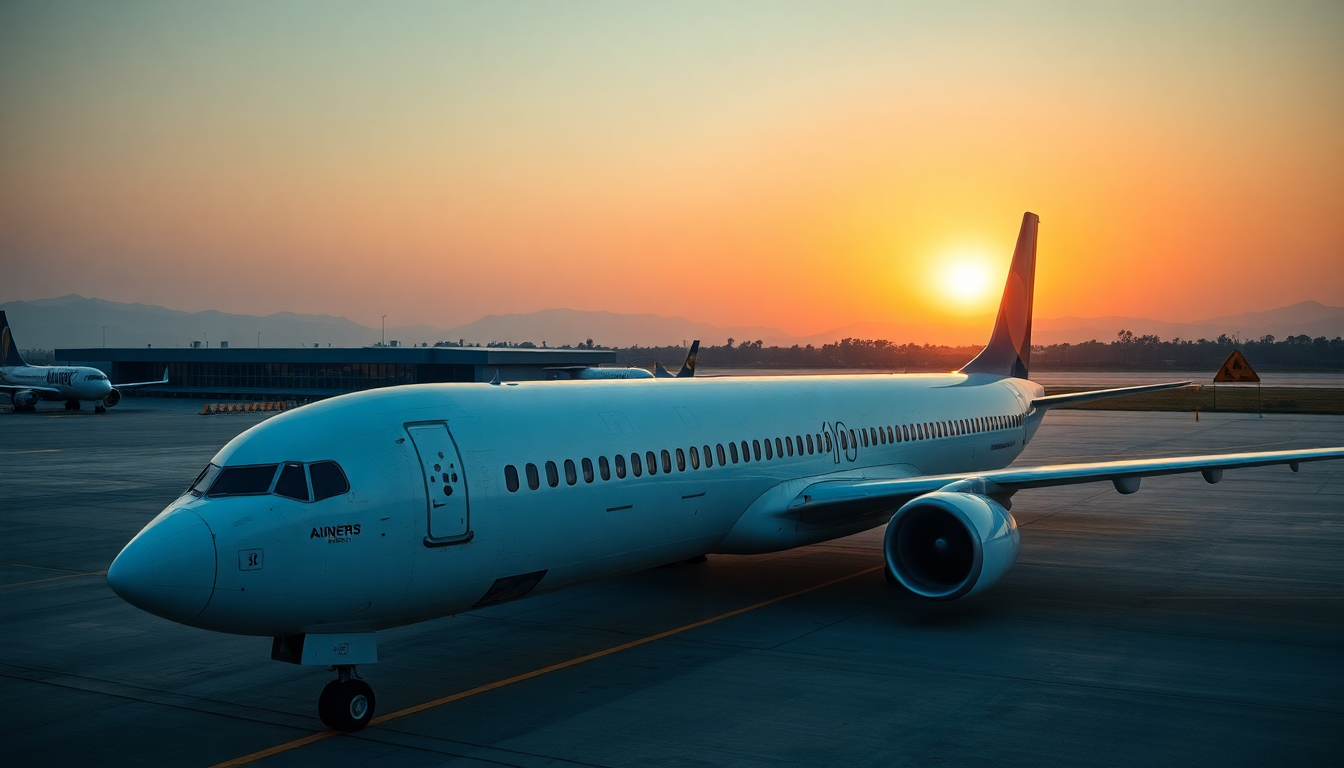Table of Contents
Imagine this: a struggling airline, teetering on the brink of collapse, suddenly finds itself at the mercy of a Chinese aviation giant with a questionable track record. Welcome to the world of Lao Airlines, where desperation meets opportunity in the most ironic fashion. The state-owned Commercial Aircraft Corporation of China (Comac) seems to have its sights set on a majority stake in this flag carrier, promising to rescue it from the depths of financial despair. But at what cost?
The deal that could change everything
According to reports, Comac is ready to swoop in and take control, waving a shiny new fleet of passenger jets as bait. The deal is still hanging in the balance, awaiting approval from Lao authorities, but the implications are already sending shockwaves through the industry. Prime Minister Sonexay Siphandone has been vocal about this potential partnership, suggesting that Comac could help overhaul Lao Airlines’ operations in exchange for a commitment to use their jets. Sounds like a fair trade, right? Or is it just a slippery slope into the arms of a corporate overlord?
Memorandum of understanding: What does it entail?
Back in October 2024, these two entities signed a memorandum of understanding, a fancy way of saying, ‘let’s see how this goes.’ An independent auditing firm has been roped in to assess the true value of Lao Airlines and its mounting liabilities. Because, of course, what’s a corporate takeover without a little due diligence? The Lao government is considering Comac’s proposal for a joint venture, which includes the Chinese firm holding at least a 51% stake. It’s almost poetic—like a predatory bird circling its prey.
Mirroring Indonesia’s TransNusa deal
Brian Yang Bo, an industry veteran, has pointed out that this deal resembles Comac’s previous strategy with TransNusa, a budget airline in Indonesia. It seems there’s a pattern here: find a struggling airline, dangle some shiny jets, and then watch the chaos unfold. But let’s not kid ourselves—this isn’t a rescue mission; it’s a takeover dressed up in corporate jargon. And you have to wonder, what will become of Lao Airlines if this deal goes through? Will it retain its identity, or will it become just another pawn in Comac’s game?
A bitter pill for Lao Airlines
For Lao Airlines, this partnership could be a double-edged sword. Sure, they might get access to new aircraft and the promise of operational support, but at what cost? The loss of autonomy can be a bitter pill to swallow, especially for a national carrier. It raises the question: is this really a lifeline, or just a gilded cage? The thought of having to rely on a foreign entity for survival can be daunting, and it’s not hard to imagine the backlash from the public if things don’t go smoothly.
What’s next for the airline?
The future of Lao Airlines hangs in the balance, and the impending decision by the authorities could set a precedent for other struggling carriers in the region. If they agree to this partnership, it might just open the floodgates for other foreign firms looking to swoop in on vulnerable airlines. The implications are vast, and while some may see this as a necessary step towards modernization, others might view it as a betrayal of national pride. And let’s be real, how often do you see a government willingly hand over control of a national asset? It’s a gamble, and only time will tell if it pays off or if it’s just another chapter in the tragic tale of corporate greed.


